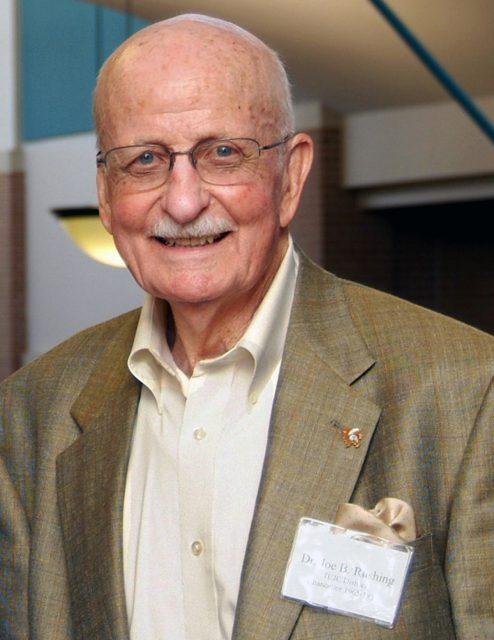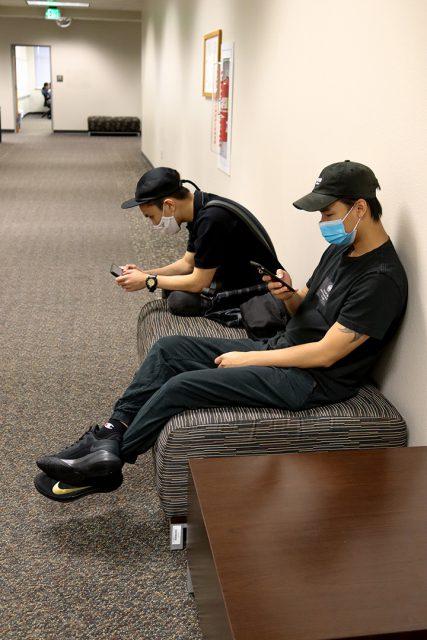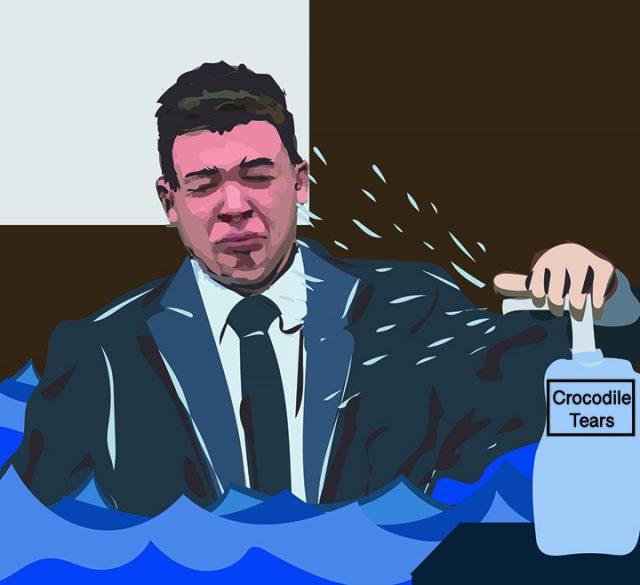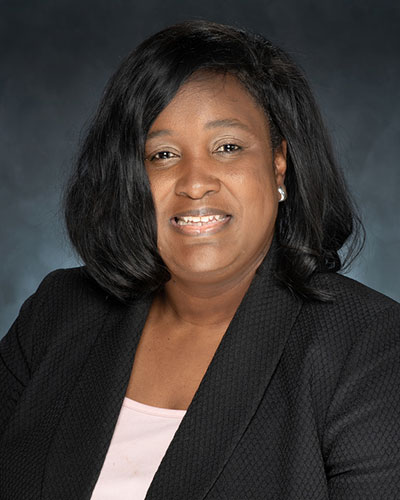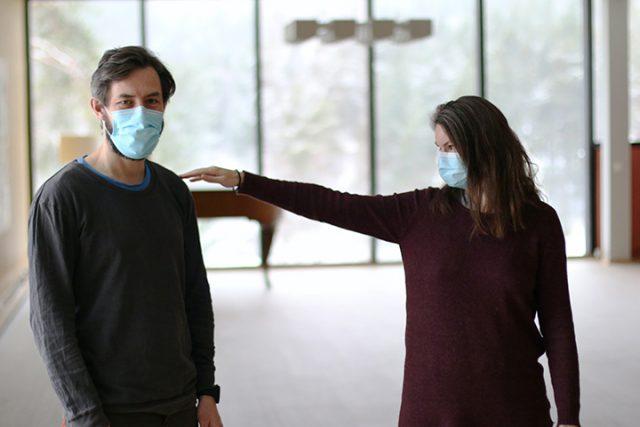Janine Shuman
campus editor
If a student feels distressed, depressed, anxious or has trouble adjusting, they should reach out for support from one of TCC’s counselors found on every campus, South Campus counselor Andrew Hill said.
“We only offer counseling to actively enrolled students,” he said. “However, it is completely free. You already paid for our services when you paid your tuition so you should take advantage of counseling.”
Counseling services are being conducted online through video meetings or phone calls, Hill said. He does not have any information regarding face-to-face sessions returning in the fall semester.
James Varnado has worked in the field for 50-years, 30 of which were spent at NE Campus working as a professor of psychology and a counselor. He is a licensed psychotherapist and counselor with a private practice and holds several post-doctorate degrees in diverse counseling topics which helps him provide a personal approach to clients from all backgrounds.
When a student sets up an appointment, the counselor has to establish a level of comfortability with them, Varnado said. If the student is comfortable, they take a series of assessments that evaluate their personality and behavior which can be indicative of a lot.
Through conversation, counselors can identify the root of the problem and work toward solving it. Using Cognitive Behavioral Therapy, Varnado assigns “psychological homework” to students who can make changes in their lives that can help them.
“You can’t counsel or provide therapy to people by just small talking and cathartic interchange,” he said. “There have to be years of science behind it, similar to what we did with the COVID-19 virus. We eradicate it by approaching it scientifically. The same approach is applied to counseling. The ultimate objective is that person getting better.”
NE student Lauren Maenza-Oliver regularly advocates for mental health and stresses the importance of reaching out for help.
“For students who are struggling, there are normally many stressors involved,” she said. “The pressure of classes and the isolation of being online hit us all hard, and being lonely plus stressed is never a good combo. We are only human and can only handle so much. We need to reach out and utilize the resources our school provides.”
Maenza-Oliver believes students should prioritize their mental health to support stability. She realizes it can be difficult for some people to reach out for help and be vulnerable, but maintains that it’s important to remember everyone is deserving of a healthy state of mind.
“I have seen students make significant changes over a short period,” Hill said. “I do not take credit for that change. My goal is always to collaborate and guide students on their journey to success. The accomplishments they make are because they worked hard and were willing to make changes to get different results.”
Varnado has also seen many of his students and patients significantly improve through counseling. Many of his students who graduated TCC are now seeing him at his private practice and are welcome to join his therapy groups free of charge, he said.
While counseling can help students overcome struggles, anybody can be a good candidate for counseling, Maenza-Oliver said.
Varnado said those who don’t struggle with mental health issues can benefit from counseling by focusing on personal growth. Nobody is perfect, he said. Counseling can provide personal insight on how to continuously work on growth and self-improvement.
“I strongly urge students to look at counseling as you would look at changing your oil in your car,” Varnado said. “It’s maintenance. Looking at your strengths and weaknesses and working toward optimizing your potential in life is a continuous and ongoing process that counseling can provide you with.”


























